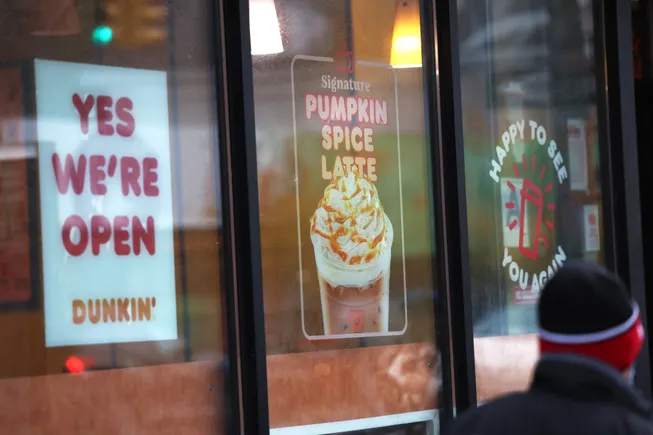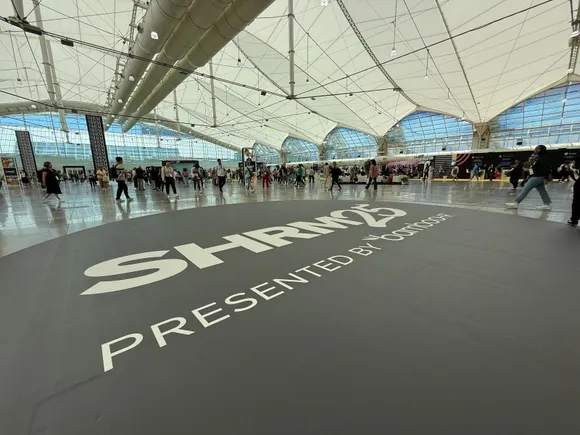Dive Brief:
- Olives, Inc., must pay $215,688 after a Black line cook at its Las Vegas restaurant, The Beast, was allegedly racially harassed, and it allegedly took no disciplinary or remedial action in response, according to a June 3 default judgment against the company.
- Per a federal court order in Scott v. Olives, Inc., over an extended time and for the majority of the line cook’s shifts, two co-workers allegedly called him racial slurs and made racially offensive jokes in front of other employees and the supervisor. At the company’s Christmas party, they made similarly insulting racist jokes in front of the cook’s family, according to the allegations.
- Based on emails between the line cook and HR, the court found the cook reported the harassment to an HR manager and filled out a written complaint form detailing the co-workers’ behavior. The court said the emails showed the HR manager conducted a “cursory” investigation and, despite clear evidence to the contrary, determined there was no “malicious intent” in the racially derogatory conduct. Olives allegedly took no other action.
Dive Insight:
In his allegations, the line cook asserted that the harassment got worse after the investigation. When he complained again, Olives allegedly did nothing, and he felt compelled to resign.
The line cook sued Olives on a number of grounds, including for subjecting him to a racially hostile work environment in violation of Title VII of the Civil Rights Act of 1964.
A federal court in Nevada ruled that default judgment was proper because Olives did not respond to any documents filed in the case — including the cook’s motion for default judgment and the court’s motion for a hearing on damages — or make any other attempt to defend the action, and there was no evidence this was due to excusable neglect, the court said.
Also, because Olives failed to defend the action, the line cook’s “well-pleaded” allegations could be taken as true, and they showed the co-workers’ actions rose to the level of an unlawful hostile work environment under Title VII, the court held.
That is, the line cook established his work environment was subjectively hostile — he reported the slurs and jokes to Olives and the U.S. Equal Employment Opportunity Commission, according to the court.
The line cook also established his work environment was objectively hostile. In this regard, although harassment violates the law when it is either sufficiently severe or sufficiently pervasive, the record indicated the co-workers’ alleged actions were both, the court pointed out.
The court held that Olives could be held liable for their conduct because it failed to take remedial actions “proportionate to the seriousness of the crime.”
In this case, the email exchange between the line cook and HR established that Olives knew of the harassment but decided not to intervene based on the “spurious conclusion” the co-workers’ slurs and jokes were made without malicious intent, the court pointed out.
The inadequacy of this response was especially clear given the allegations that the co-workers “seemed more emboldened after the conclusion of the investigation, and the harassment not only continued but intensified,” the court noted.
It awarded the line cook $100,000 in compensatory damages, $100,000 in punitive damages, and the remaining amount for attorneys’ fees and costs.






Leave a Reply